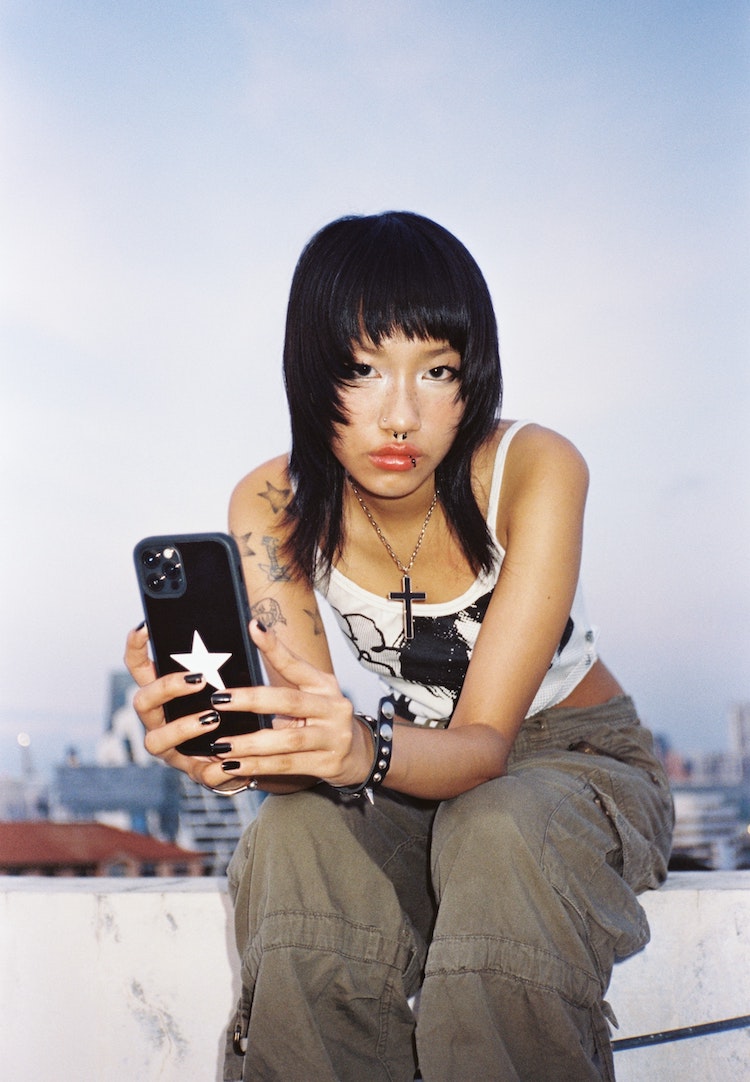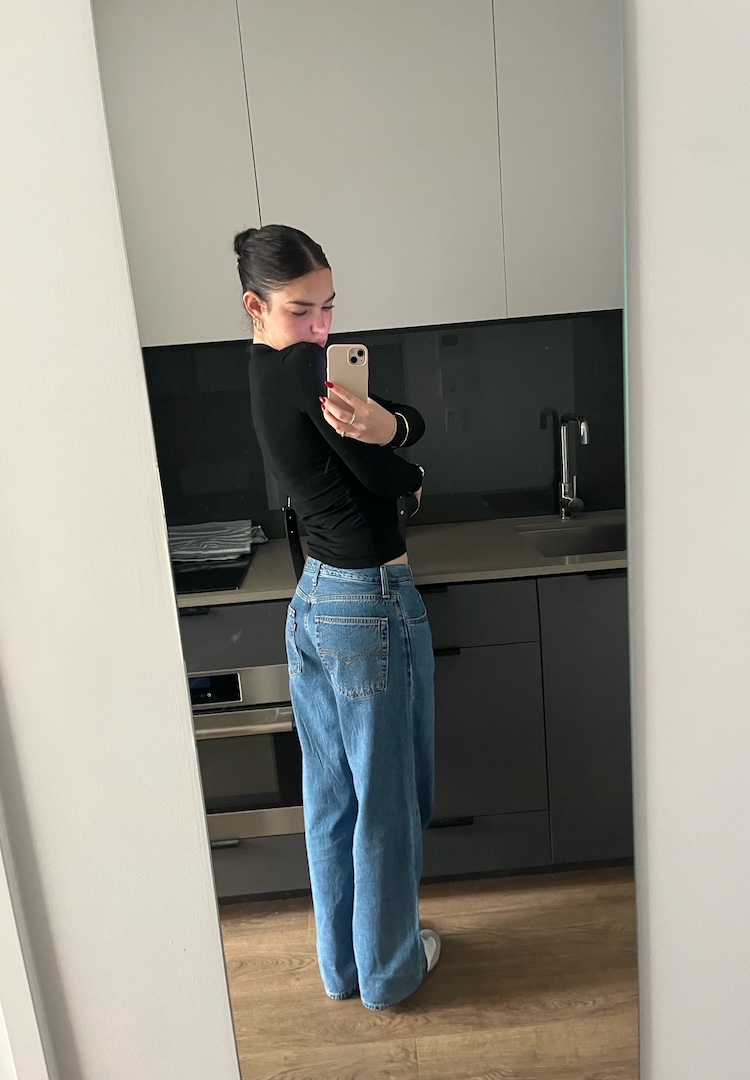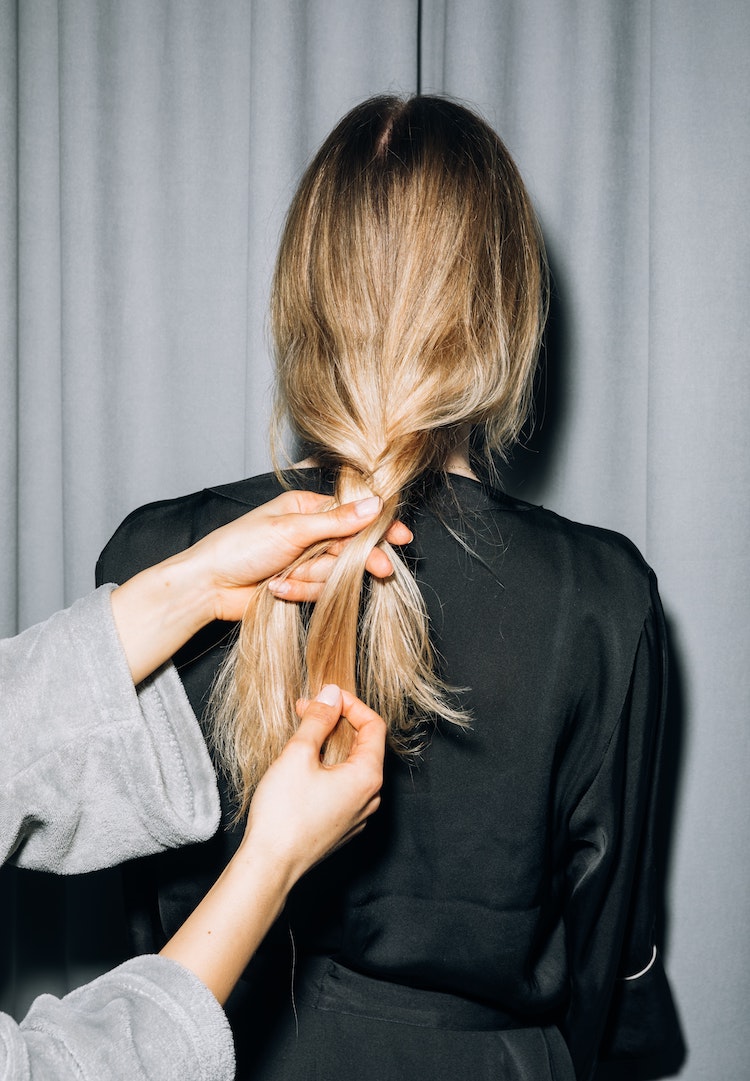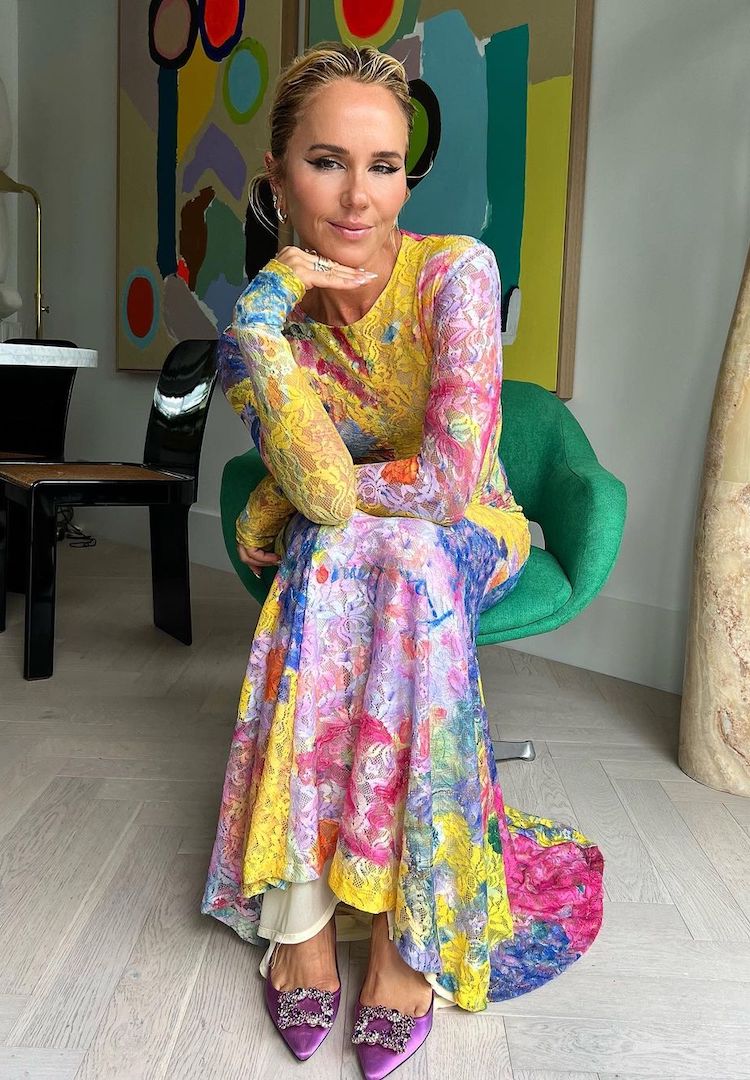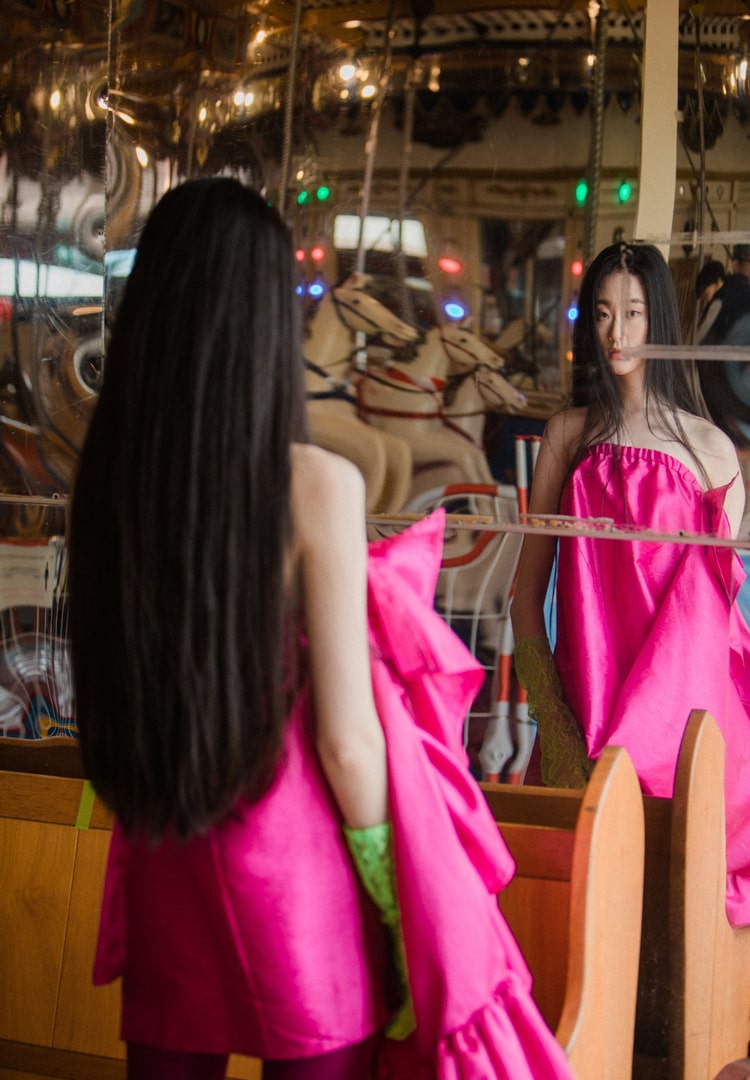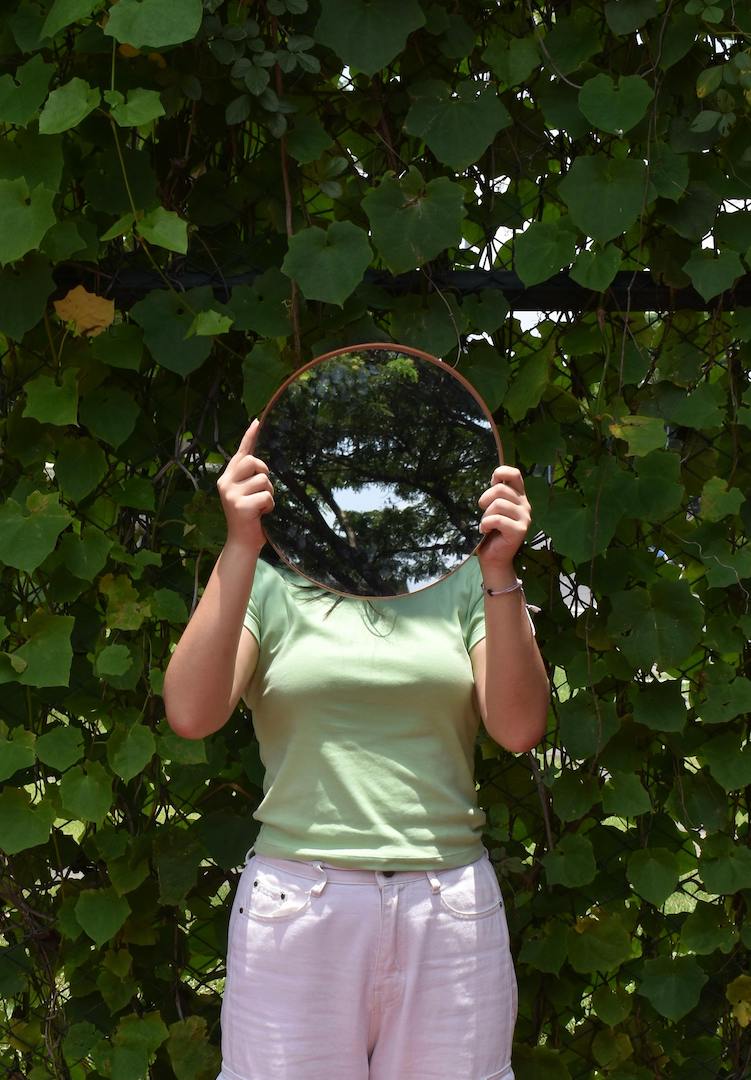What’s your platonic attachment style? How to find out if you’re an anxious or avoidant friend
PHOTOGRAPHY BY AMY HIBBARD
WORDS BY KAYA MARTIN
And how do you know if you have an anxious or avoidant attachment style?
Friendships are a delicate dance. There are so many dynamics at play, from initially seeking out someone you want to befriend (and trying to do so in a non-desperate manner) to finding the right amount of texting that will make you seem caring but not clingy.
Some of us are fortunate enough to have an effortless friendship group that has survived years of trials and tribulations. There are group chats full of nicknames and inside jokes, and there’s no question as to who you’ll be spending your Friday night with.
Interested to hear how others navigate the world? Head to our Life section.
But the twenties are a time for experimenting, and anyone who has ever ventured away from the comfort of their day-one pals will know that while making and keeping friends isn’t always easy, having quality friends can completely transform the quality of your life.
To find out why we behave the way we do in friendships, I spoke with Dr Marisa G Franco, professor, speaker and author of The New York Times bestselling book Platonic: How the Science of Attachment Can Help You Make and Keep Friends. Her work unpacks the intricacies of friendship and explains how our unique attachment styles can influence our platonic relationships. She tells me the reason friendships can be hard to navigate is that their nature is so enigmatic.
Whereas romantic relationships usually follow a formula for how they progress, friendships have no real guidelines. “We’re not married to someone when we’re friends with them. We don’t have any formal declaration of commitments,” she says. “I think that ambiguity is what can make people feel a little scared to put themselves out there.”
According to Dr Franco, the uncertainty we feel in our friendships can be a trigger for our attachment styles. Typically formed by how our caregivers treat us when we’re young, our attachment style gives us an imaginary blueprint for what to expect in future relationships, both romantic and platonic. Dr Franco says they are “basically a set of assumptions about how people will treat you throughout your life”.
For example, growing up with overbearing, love-bombing parents might result in anxious attachment. If you find yourself quadruple texting your friends, worrying they might not really like you, or being overly vulnerable with people you don’t know well, you may have an anxious attachment style.
“They tend to try to pursue friendships with people that where there’s not reciprocity, because they’ve learned in their early relationships that they have to work for love,” Dr Franco says. “So when someone pulls away, they work harder to try to get closer to that person, instead of letting them go.”
Avoidantly attached people behave in an opposite way. They’re lone wolves, putting little to no energy into their friendships, which can leave them with only shallow connections or none at all. Dr Franco says avoidant people typically bury themselves in their work instead.
“They’re kind of taking themselves out of the game,” she says. “They’ve learned to fear intimacy and that if they experience it with others they’ll be shamed, so that’s why they’re not vulnerable.”
While these are both examples of insecure attachment, not everyone experiences these issues. People with secure attachment experience friendships with ease, finding it easy to trust people and handle conflict. But our attachment styles aren’t set in stone.
Every relationship we have throughout our life has the ability to alter our attachment style, for better or for worse. But because our attachment styles work as a filter through which we see our relationships, an insecure attachment style might not allow us to perceive our friends’ kind gestures in the way they intended. There’s a huge confirmation bias.
Luckily, Dr Franco has some tips for those looking to work on their insecure attachment and develop stronger friendships. Her first rule of thumb is just to assume that other people genuinely like you rather than overthinking and stressing that they might not. She references something called the acceptance prophecy. “When people are told they’ll go into a group and be liked, they actually become warmer, friendly or more open and they are liked, whereas people that tend to fear rejection actually reject people,” she explains.
She offers another piece of advice from Dr Rick Hanson, a fellow psychologist working in the field of relationships and mental well-being. His trick is to hold onto and savour sweet moments with friends – “pause, focus on that until you feel something, and then picture that experience melting into your body,” says Dr Franco. She tells me that this can be especially powerful for those with insecure attachments because they don’t naturally register the safe and loving parts of friendship.
And if having someone to eat charcuterie and talk about your feelings with isn’t enough of a reason to want to shape up your friendship game, keep in mind that people with close friendships tend to be happier healthier, and generally better off than those without. The world can be a tough place, and you deserve to have a few people in your corner. So on that note: you’re hot and funny, and everyone’s going to love you. Plus, you look great in that top.
For more on friendship attachment styles, try this.

